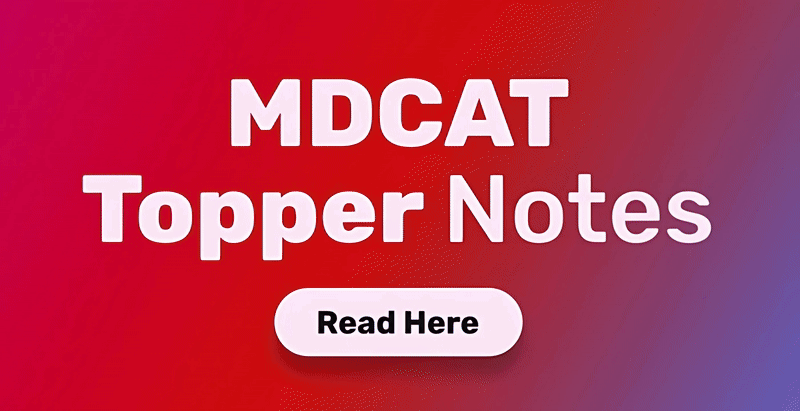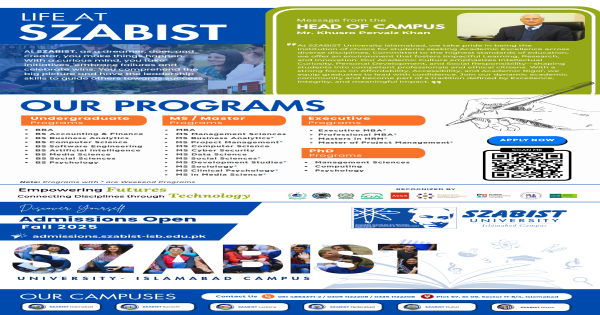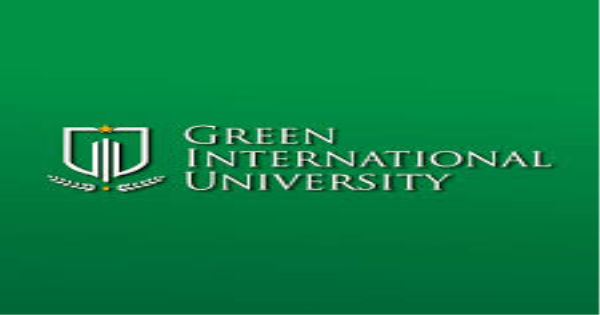The world is evolving at high pace with remarkable discoveries and inventions occurring at all field of life resulting in up-gradation of former and conventional theories. It is rather arguable and problematic matter that the syllabus at all academic levels remains unchanged with only slight differences and a few additions every now and then. Syllabus is the base and foundation of information and knowledge for the students, if we are teaching them concepts and notions which are not anymore applicable then how can we expect them to adopt to the latest and modern ideologies when they enter professional fields?. The framework and curriculum design of the syllabus at all academic levels require improvement and advancement in Pakistan with addition of new found concepts regularly in our view. Here is why syllabus should be updated every few years for all classes, we have come up with 10 main points in the following article:
1. Outdated Concepts Cannot Forge Innovative Ideas:
It is a dilemma that despite extensive and inclusive progress made by scientists and educators over the centuries, our academics syllabus for most of classes such as matric syllabus, intermediate syllabus and ba syllabus include outdated inapplicable concepts. The objective of learning and knowledge is creating newer solutions for problems of today and having futuristic approach for problems of tomorrow. The outdated syllabus at education sector fails to meet the needs and demands of vastly growing professional fields and the innovation that it requires.
2. Broader Vision Requires Diversification But It Lacks in Our Syllabus:
A main objective of education is broadening the vision of the knowledge seekers but it is not possible if the base itself is limited and reserved. The base of education is matriculation. There are so many students getting more than 95% marks in the matric result every year but unfortunately they are learning older thoughts, outdated research and studying on a broken system of teaching and assesment in exams. Still at our matriculation classes in Pakistan, the subjects are the same as they were in 1950’s. Our government must include more diverse subjects for students to select from so that they can be surer of their future career from matriculation and their prospective about life can be widened. Fine arts, creative writing, statistics and economics subjects must be introduced as elective subjects at matriculation classes as they are most sought after study streams at intermediate level.
3. Correlation of Past and Future:
The framework of syllabus must be in the manner that it enables correlation between past and future. The studies and theories made in the past that are not practically implementable must be removed and those studies and researches that are now workable must be introduced in the syllabus so that students are being taught according to present time. The academicians must revise the syllabus after every five years and make additions and eradications of the topics in syllabus according to present.
4. Syllabus Must Have Room For Creativity for Students
The syllabus must be designed in the manner that it allows students to have their creative and innovative instinct. The students today are overtly consumed with books and syllabus that they don’t find time to find their creative calling. They are not encouraged to add their distinct and unique ideology to the topic instead they are forced to cram the syllabus as it is.
5. Syllabus Has Potential to Build a Society in the Long Run. But We Don't Care
Educators have opportunity to address the social and cultural problems faced by the world today through addition of reforming literature and content in the syllabus. The world is facing diseases of racism, terrorism, extremism and religious targeting but we are not eradicating it through educating our students via means of syllabus. There is a dire need of adding motivational, inspirational and moral stories in the syllabus of different classes especially at intermediate level to teach students the concept of religious tolerance and accepting ethnic diversity but we are still under influence of dogmas. The syllabus in all academic levels needs reformative content urgently!
6. Enhancing Skills Within Boundaries of Syllabus
The scope of syllabus must be broad enough to allow enhancement of skills by fulfilling theoretical and practical requirements of the study programme. The focus must not be on improving grades but on enhancing of skills and deliverance of knowledge. The students must be able enough to explain their learning descriptively and apply it practically both which is only possible through design of syllabus and teaching methodology but the formula system of examinations and cramming method of exam preparations has restricted students to nourish their skills and aptitudes. There must be a separate marking system for practical aspect of a subject and theoretical aspect of the subject so that division of scores in examinations is justifiable and syllabus is being taught with consideration of both aspects.
7. Quality Over Quantity Must Be Preferred:
The syllabus designers seemed to be obsessed with excessive quantity of literature in the books rather than quality and vitality of academic literature in the education sector. Due to voluminous books, lenghty class notes and unnecessary literature in the books, students almost forget what they have learnt at end of the semester. But if students are provided reasonable and adequate material in the syllabus required for the related study programme and taught skills it is obvious the quality of study will be ensured more smoothly.
8. The Present Curriculum Does Not Give Space for Teacher Student Interaction:
The teacher student classroom interaction sessions are becoming extinct under the present syllabus design especially at school levels. The competition to achieve high grades and complete immoderate syllabus material has made both teachers and students pacing themselves without having time of contemplating upon the main learning objective of topic and concept. Then we complain why our students are unable to explain what they have learnt and why our students don’t have substantial concept base? It is a giant shortcoming of our syllabus design.
9. Adjusting Topics to Fit Present:
The topics in the past were introduced to fit political and social scenario of that time. The topics and overall syllabus design today must be adjusted to fit scenario of the present time. Our economic, political, social and religious problems have increased and changed drastically over the course of time, so the teachers must be allowed to change the topics in the books to fit today to convey a better education , understanding and conceptual knowledge to students. Every 5 years the social and political dynamics and factors in the world are different from the past so it must be different for our students in the books as well.
10. Creating a Global and Coherent Structure:
Why that is the western countries have progressed much more than the Asian countries in all field of life? Our syllabus needs unification and coherence with global standards and constant evolvement according to newly discovered methods and teaching styles if we are to stand side by side with the rest of the progressive world. International affiliations, partnerships and cooperation at academic field for syllabus creation is utter requirement for quality assurance and comprehensive education system in Pakistan. Our education system requires traditional and modern combination of syllabus which adopts the trends of ever so changing time and improves study existing standards.
Mehran Ali
Top Contributors
Related Articles
SZABIST University Islamabad – A Premier Destination for Higher Education in Pakistan
- Ilmkidunya
- 03/Jul/2025











































